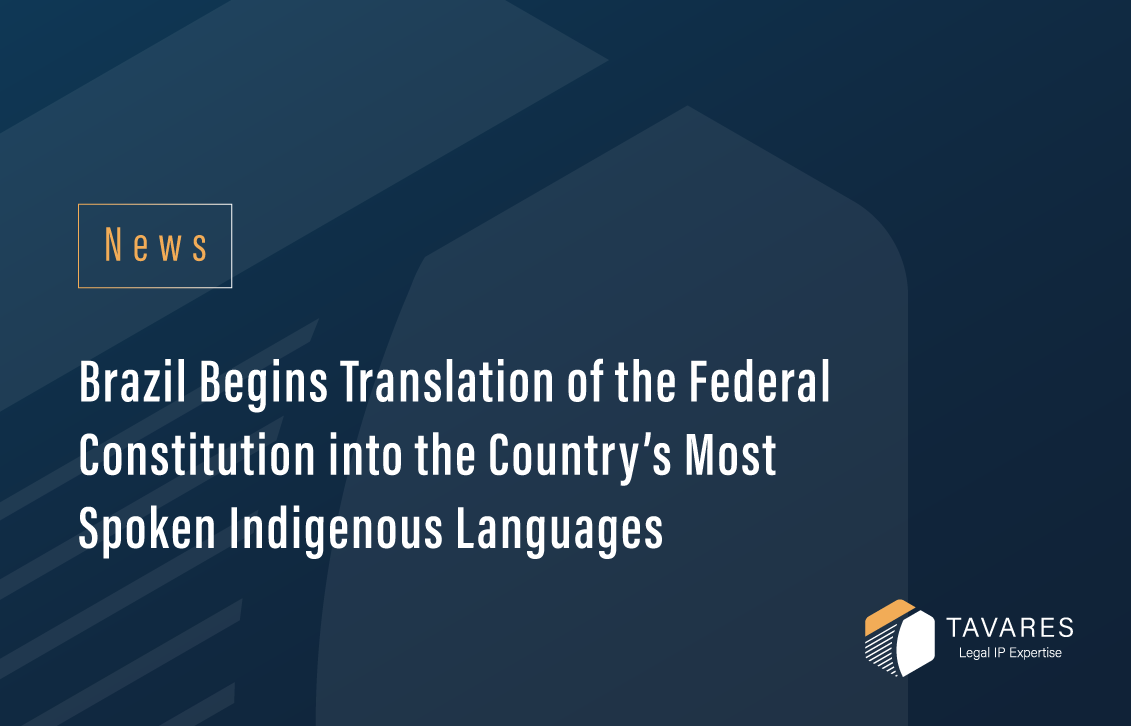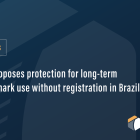Between September and October 2025, the General Secretariat of the Presidency of the Republic (SG/PR) monitored the first phase of the project to translate the 1988 Federal Constitution into three major Indigenous languages spoken in Brazil (Tikuna, Kaiowá, and Kaingang).
The initiative is part of the “Living Indigenous Language in Law” Program, a joint effort by the Office of the Attorney General (AGU), the Ministry of Indigenous Peoples (MPI), and the Ministry of Justice and Public Security (MJSP), implemented in collaboration with civil society organizations across different regions.
The project also includes the translation of ILO Convention No. 169 and the UN Sustainable Development Goals (SDGs) into Indigenous languages.
Government representatives, Indigenous leaders, and researchers participated in the validation ceremonies held in the states of Rio Grande do Sul, Amazonas, and Mato Grosso do Sul.
According to Kenarik Boujikian, National Secretary for Social Dialogue and Public Policy Coordination:
“The 1988 Constitution represents an ethical commitment to the project of our nation. Translating it into Indigenous languages is an act of respect and inclusion, ensuring full social participation in Brazil’s democracy.”
The initiative aligns with the UN’s International Decade of Indigenous Languages (2022–2032), reinforcing Brazil’s dedication to protecting linguistic and cultural diversity.
With over 390 Indigenous ethnic groups across the country, Brazil’s effort to translate its fundamental legal framework highlights a broader commitment to linguistic inclusion, citizenship, and cultural preservation.






